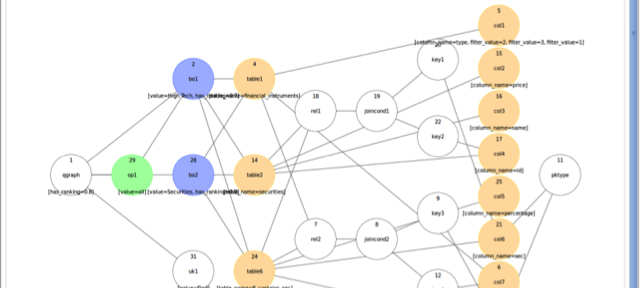ZHAW Datalab organizes Data Science Event in Silicon Valley
By Kurt Stockinger (ZHAW) As part of “Zürich meets San Francisco – A Festival Of Two Cities”, the ZHAW Datalab co-organized the event Data Science and Beyond: Technical, Economic and Societal Challenges, which took place at the campus of San José State University (SJSU) – in the heart of Silicon Valley. One interesting fact about […]


